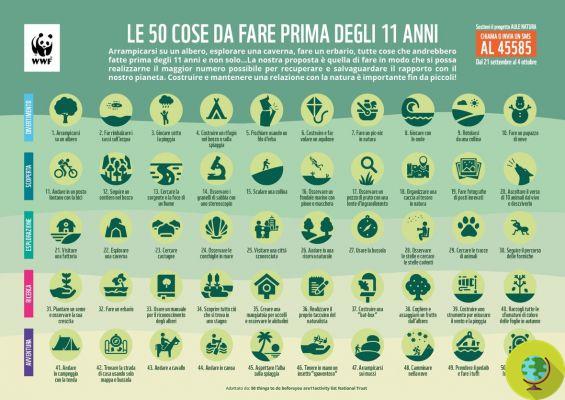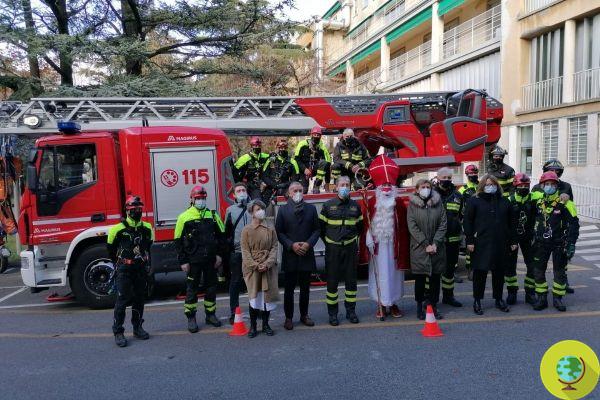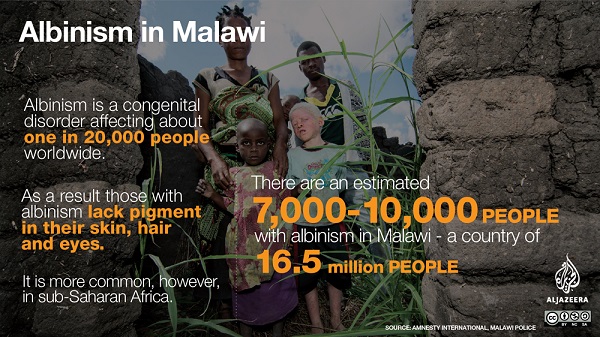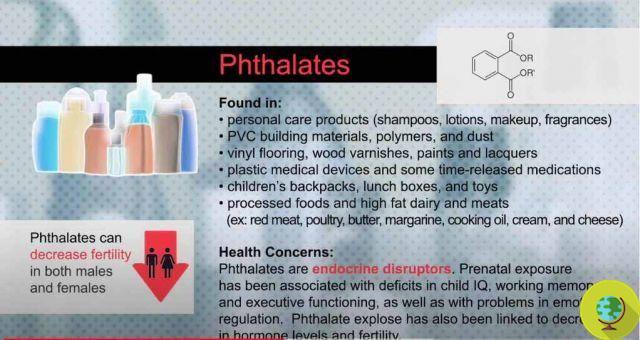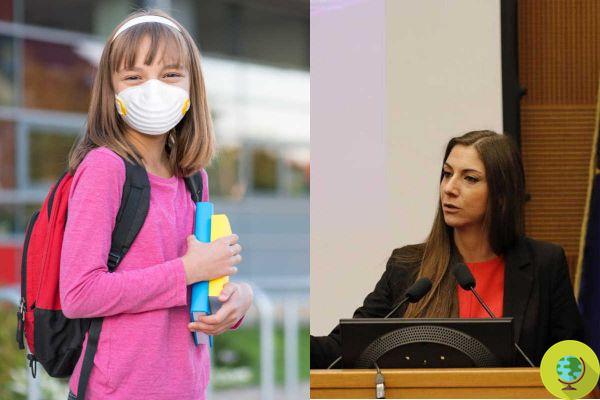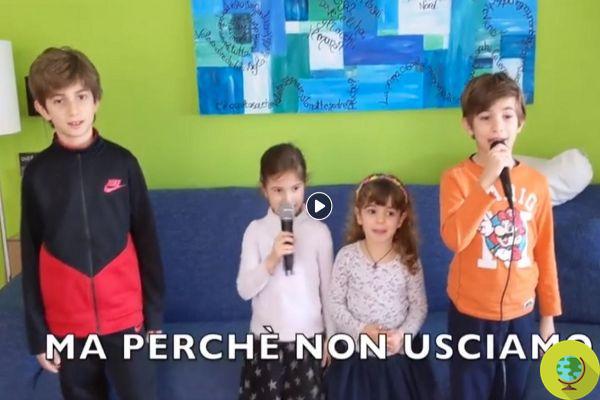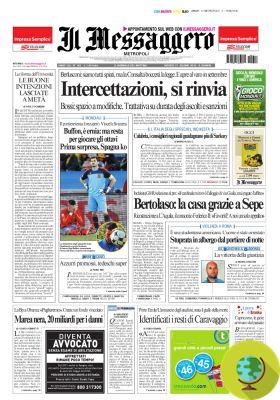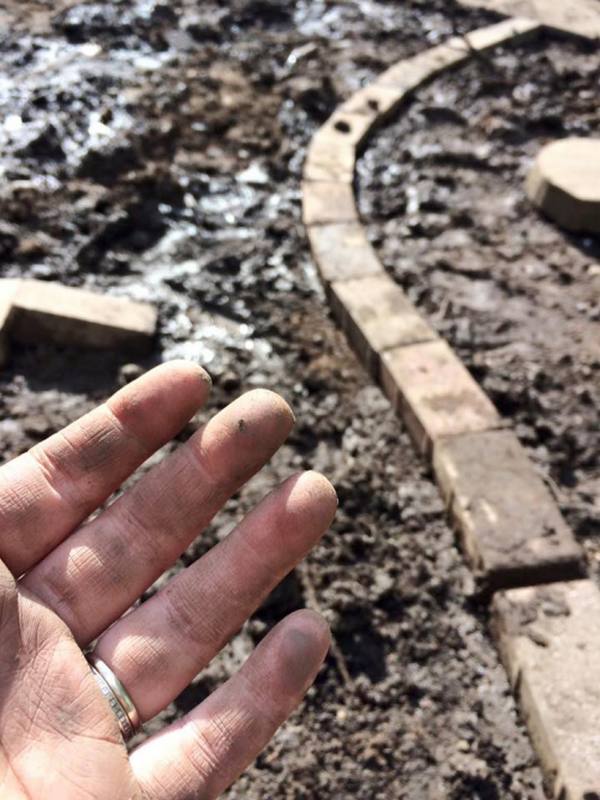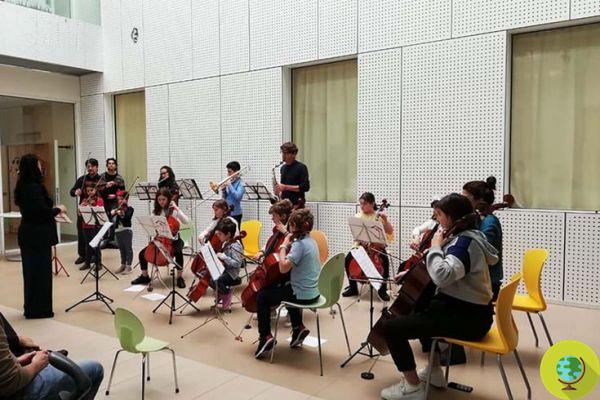
A new study showed that listening to Mozart during tonsil surgery made babies feel less pain upon waking
Don't store avocado like this: it's dangerousIt almost feels like magic and in a way it is. Music also helps to cope with pain. This was confirmed by a new study conducted in Trieste, where it was shown that listening to Mozart during tonsil surgery made them feel less pain upon awakening.
A recent study conducted by the Irccs Materno Infantile "Burlo Garofolo" of Trieste and published in the Journal American Medical Association revealed what we have all experienced at least once in our life: the treatment offered by music in situations of particular pain, of stress. And in particular the Trieste doctors have shown that Mozart's notes are a real soothing balm. That they were healthy for the heart had already been demonstrated but now the symphonies of the famous composer are also entering children's hospitals.
A systematic review
104 children took part in the study, all of whom had their tonsils and adenoids removed. The little ones were divided into four groups: the first during the intervention listened with earphones some pieces of Mozart (symphonies n ° 4 and n ° 5), very rich in frequencies and rhythms, the second a very repetitive track that recalled the beat cardiac, the third group was isolated from the noise of the operating room with acoustic plugs so in fact they did not listen to anything, the last group did not receive any of these treatments.
Listening to Mozart's music was found to be the most effective tool, with a 70% reduction in pain and 50% agitation, the scientists say. On awakening, in fact, the little ones who had listened to Mozart presented less pain and were also less agitated than the other operated children.
The study, - declares the creator and first author of the research, Dr. Enrico Muzzi, of Otorhinolaryngology and Audiology of Burlo - is based on the simplified theoretical assumption that the involvement of pain pathways and certain areas of the brain by of a stimulus of another nature, musical in this case, limits the activation and amplification of the pain circuits triggered by the surgery.
An important result given that, as the authors of the research reveal, usually the intervention of adenotonsillectomy is followed by agitation of the child upon awakening and at the same time by postoperative pain, often unmanageable with painkillers.
The results of the study - explains Dr. Eva Orzan, head of Otorhinolaryngology and Audiology - show a great potential for use: it is in fact an effective technique at no cost and without side effects. Considering the numerous advantages anticipated by the study, it is our intention to continue and deepen the research to offer this opportunity to all families who choose to operate the child with an adenotonsillectomy at the Burlo.
Music therapy has long since entered hospitals, from cancer wards to the delivery room. A free remedy appreciated by young and old!
Reference source: Irccs Materno Infantile “Burlo Garofolo” of Trieste, Journal of the American Medical Association
READ also:
- Why do we love music so much? It acts on the brain like alcohol and good food
- Harmoniculture: Mozart and Vivaldi in the mountains to make medicinal plants grow better
- Music therapy: the therapeutic effects of Indian classical music (Raga Therapy)




